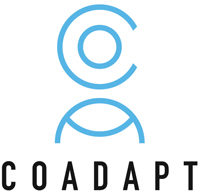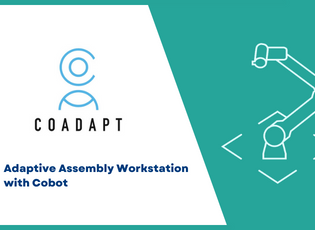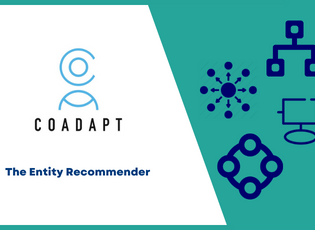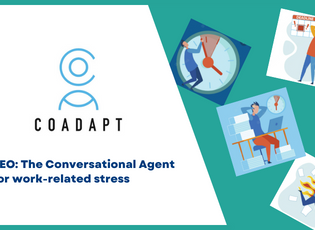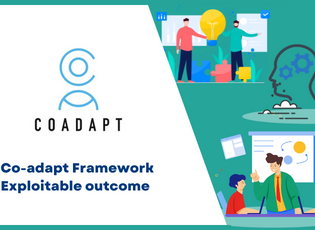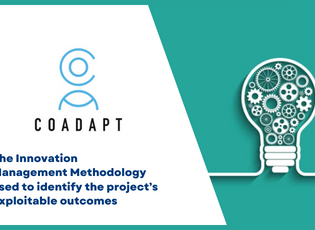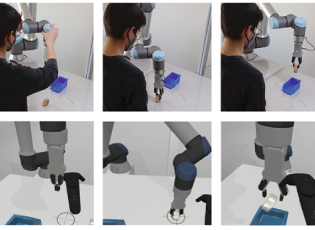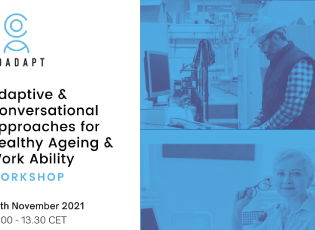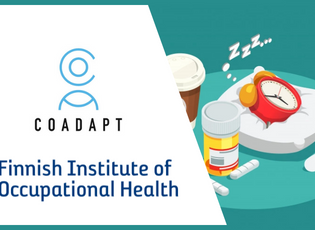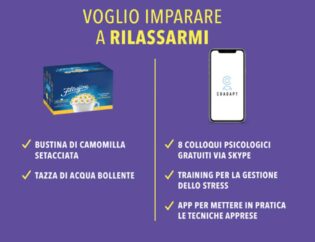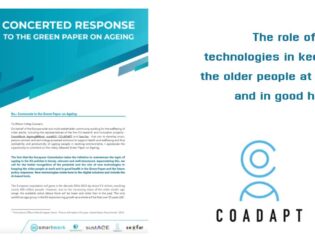
The sequel of interviews with the individual partners behind the CO-ADAPT project continues with the Aalto University. Here is a more detailed description of the involvement and the vision of the individual members.
The Probabilistic Machine Learning (PML) group at the Department of Computer Science (Aalto University) is an academic partner with expertise in probabilistic modeling, Bayesian inference, and machine learning. The PML research group is part of the Finnish Center for Artificial Intelligence (FCAI), which is a joint initiative by Aalto University, Helsinki University, and VTT, to boost and extend AI research and its applications by bringing together universities, industrial actors, and the public sector. It builds on our strong track record in the AI field that has already produced a significant impact to society. Our goal is to solve three bottleneck questions in AI research: data scarcity, dependability of AI, and ability of AI to understand its users.
The current focuses of research in the PML group are: Agile Probabilistic AI, Simulator-based Inference, Bayesian Deep Learning, Privacy-preserving, and Secure AI, Interactive AI, and Applications Including Health. The participation in COADAPT came as a natural continuation of these research activities, as we were already working on user modeling. Our role in COADAPT is to develop the machine learning behind the User Modeling for Entity Recommender System. Considering the mission of CO-ADAPT, which aims at increasing elderly operators well-being, our aim is to design an intelligent assistant system that meets the needs of knowledge workers and supports aging workers in accomplishing their everyday digital tasks by retrieving useful information. We seek to align assistant recommendations with the user’s objective.

“Most machine learning systems operate with us humans, to augment our skills and assist us in our tasks in order for an AI assistant to help intelligent agents, in particular humans, it would need to understand the factors that affect their behaviour. These factors (goals, plans, biases) are latent and non-stationary, and it is a difficult challenge both to infer them and to use them in the best possible way. We develop the probabilistic interactive user models and inference techniques needed to understand human agents and how to assist them more efficiently” Samuel Kaski, Professor, Department of Computer Science, Aalto University, Helsinki Institute for Information Technology (HIIT), and Director of FCAI
“In the COADAPT project we are in charge of providing state-of-the-art machine learning approaches for user modeling in an entity recommender system based on the observational data. The COADAPT project is an opportunity that allows me to delve deep into the theory of machine learning as well as to solve a challenging problem of high practical relevance” Zeinab Rezaei Yousefi, PhD candidate in Computer Science, Aalto University
